 United for Efficiency has received funds totaling $5 million from the Global Environment Facility (GEF) and the Kigali Cooling Efficiency Program (K-CEP) to support developing and emerging economies over the next three years in planning and implementing energy efficiency policies for lighting and appliances. With these policies, countries can save up to 20 per cent in electricity consumption, while reducing air pollution and greenhouse gas emissions.
United for Efficiency has received funds totaling $5 million from the Global Environment Facility (GEF) and the Kigali Cooling Efficiency Program (K-CEP) to support developing and emerging economies over the next three years in planning and implementing energy efficiency policies for lighting and appliances. With these policies, countries can save up to 20 per cent in electricity consumption, while reducing air pollution and greenhouse gas emissions.
“United for Efficiency welcomes the funding support provided by the GEF and K-CEP, which will allow our global initative to build upon the important foundational support provided by the GEF with greater regional and national activities, for example in the Caribbean and Rwanda,” said Paul Kellett, Project Manager of United for Efficiency.
The funding will boost United for Efficiency’s existing work in over 30 countries involving work on the five products which consume more than half of all electricity; lighting, refrigerators, room air conditioners, distribution transformers, and electric motors.
Working closely together with national GEF projects and local experts, United for Efficiency will train country officials on its five-step Integrated Policy Approach, a proven pathway for countries to move their markets to energy-efficient products. The initiative will also promote regional harmonisation of energy efficiency policies.
United for Efficiency focuses on developing countries and emerging economies, where electricity demand is set to more than double by 2030. An increasingly urbanised and growing middle class will require modern conveniences such as lighting and appliances. This will ultimately increase air pollution and boost greenhouse gas emissions unless more energy-efficient, climate-friendly products are used.
A global transition to high-efficiency products will make it possible for people to enjoy the benefits of their increased incomes while minimising their impact on climate change and air pollution.
Energy efficiency is one of the quickest and most cost-effective ways for countries to mitigate climate change.
GEF is an international partnership of 18 agencies — including United Nations agencies, multilateral development banks, national entities and international NGOs — working with 183 countries to address the world’s most challenging environmental issues. It supports multi-stakeholder alliances leveraging $5.2 in additional financing for every $1 invested.
K-CEP is a philanthropic programme that aims to advance the Kigali Amendment to the Montreal Protocol. 18 foundations and individuals have pledged $52 million to help increase the energy efficiency of cooling in developing countries. Through K-CEP, these funds will help nations transition to more efficient cooling equipment, phasing down the production and use of HFCs and replacing them with newer, climate-safe coolants.


Leave a Reply